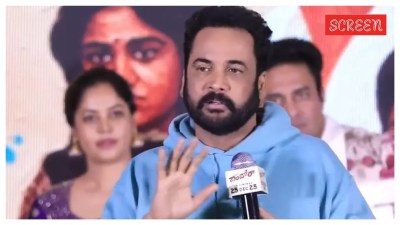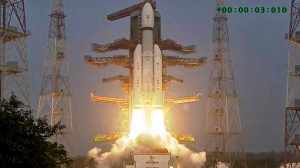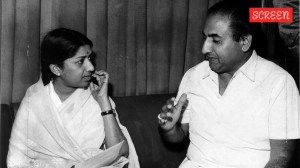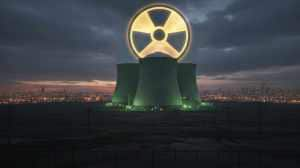In its decade-plus time governing West Bengal, if there is a region that has been the Trinamool Congress’s ITMC) spot of weakness, it is North Bengal.
After getting swept in the 2019 Lok Sabha polls, the party made a modicum of comeback in the region in the 2021 Assembly polls and the parliamentary elections last year. The TMC’s chances in north Bengal received a shot in the arm on Thursday, a year before the battle for Bengal, after former BJP MP from Alipurduars John Barla joined the party at an event in Kolkata.

“If development work for the people is stopped by the party itself, why should I continue in it?” Barla, a former Union Minister of State for Minority Affairs, asked after joining the party. “When I became a Union minister, I faced roadblocks every time I tried to work for the people. The party leadership repeatedly stopped me.”
Barla said he wanted to build a Rs 160 crore hospital and all the formalities, including identification of land for the purpose, were completed. “We just had to sign the MoU, but the present Leader of the Opposition, Suvendu Adhikari, got it blocked. A call went from here to Delhi, and the project was shelved.”
Acknowledging that tea garden workers and the tribal population in the Dooars region had backed the BJP, Barla wondered what they received in return. “I want to thank Chief Minister Mamata Banerjee for giving me a platform where I can actually work for people. I spoke to her a few months ago, and she asked me to come forward and serve the people, which is why I am joining the TMC,” he said.
With Barla in its ranks, the TMC will be expected to consolidate its position in the region’s tea gardens. Born in a tribal family in the Lakhipara tea garden estate in Jalpaiguri, the 49-year-old started his political career as a representative of tea garden workers in the Dooars region, joining the Akhil Bharatiya Adivasi Vikas Parishad in 2007.
 Former Union Minister John Barla joins Trinamool Congress, in Kolkata on Thursday. (Express Photo: Partha Paul)
Former Union Minister John Barla joins Trinamool Congress, in Kolkata on Thursday. (Express Photo: Partha Paul)
As his popularity rose, Barla moved to the Gorkha Janmukti Morcha (GJM) just as it was gaining ground in its agitation for a separate state of Gorkhaland. However, his time in the Darjeeling Hill-based party was cut short after he faced off against GJM chief Bimal Gurung in 2010 over his demand for a separate state for tribals and other backward communities in the Terai and Dooars regions.
Story continues below this ad
Barla’s political rise was down to his formidable support base among tea garden workers in north Bengal. His organisational skills drew the attention of the Left Front, which was in power at the time, and Barla and his supporters often backed it several times. By 2011, when the TMC ended three decades of Left rule, Barla came close to the Mamata Banerjee-led party but never officially joined it.
The BJP, whose rise in the state began following the 2016 Assembly elections, found in Barla a leader who could help it establish its hold on the region. And before the 2019 Lok Sabha polls, the leader of tea garden workers in the Dooars joined the BJP. He made it big, winning from the Scheduled Tribe-reserved Alipurduars constituency and became a Union MoS.
As the TMC stormed back to power in 2021, several BJP leaders in north Bengal, including Barla, sensed a shift and attempted to counter the ruling party by raising the demand for the region to be granted Union Territory status. This, however, put the BJP on a sticky wicket, and the party was forced to distance itself from Barla and these leaders. In the Lok Sabha elections last year, the party dropped Barla and instead fielded Manoj Tigga from Alipurduars.
Why John Barla is important
This is when the TMC is believed to have established contact with the disgruntled leader, hoping that having him on its side will help it break the BJP’s hold over the tea gardens.
“Barla was in contact with our party after the Lok Sabha elections. He helped us in the Madarihat Assembly bypoll. We won the seat for the first time,” said a senior TMC leader in north Bengal. However, his switch to the party was not a given, and till even last week, BJP leaders were in touch with the former MP and had visited him at his home to convince him to stay. However, Barla, it is said, had made up his mind.
Story continues below this ad
“We lost all the Lok Sabha seats to the BJP in 2019. In 2021, we recovered some ground, but our position was still vulnerable. With Barla on our side, we stand a great chance among the Adivasis and in the tea gardens,” said a party leader.
The TMC had managed to shrug off its poor show of 2019 by winning 23 of the 54 Assembly seats in the region — its tally later went up to 26 after bypoll wins and Alipurduars MLA Suman Kanjilal also joined it — while the BJP won the rest. This improvement did not reflect in the TMC’s performance in the Lok Sabha polls, however, as the party managed to win only Coochbehar by unseating Nisith Pramanik.
The TMC has its task cut out in North Bengal, especially in the tea gardens, as the Mamata Banerjee government’s decision to divert 30% of tea garden land for commercial purposes on a freehold basis rather than leasehold has not gone down well with locals and political organisations representing tea garden workers. This is where Barla will be expected to help the party mitigate any political damage.
“Mamata Banerjee will use him in our state committee, and he will also be given organisational responsibility of the tea gardens. He increases our organisational strength in the tea belt,” said TMC state president Subrata Bakshi.
Story continues below this ad
Hitting out at his former party colleague, Suvendu Adhikari said, “The former MP is talking as per the script the TMC’s strategists have prepared. In the last year, he kept talking to the ruling party even as he remained in touch with me over the phone. It is not my responsibility to answer his allegations.”

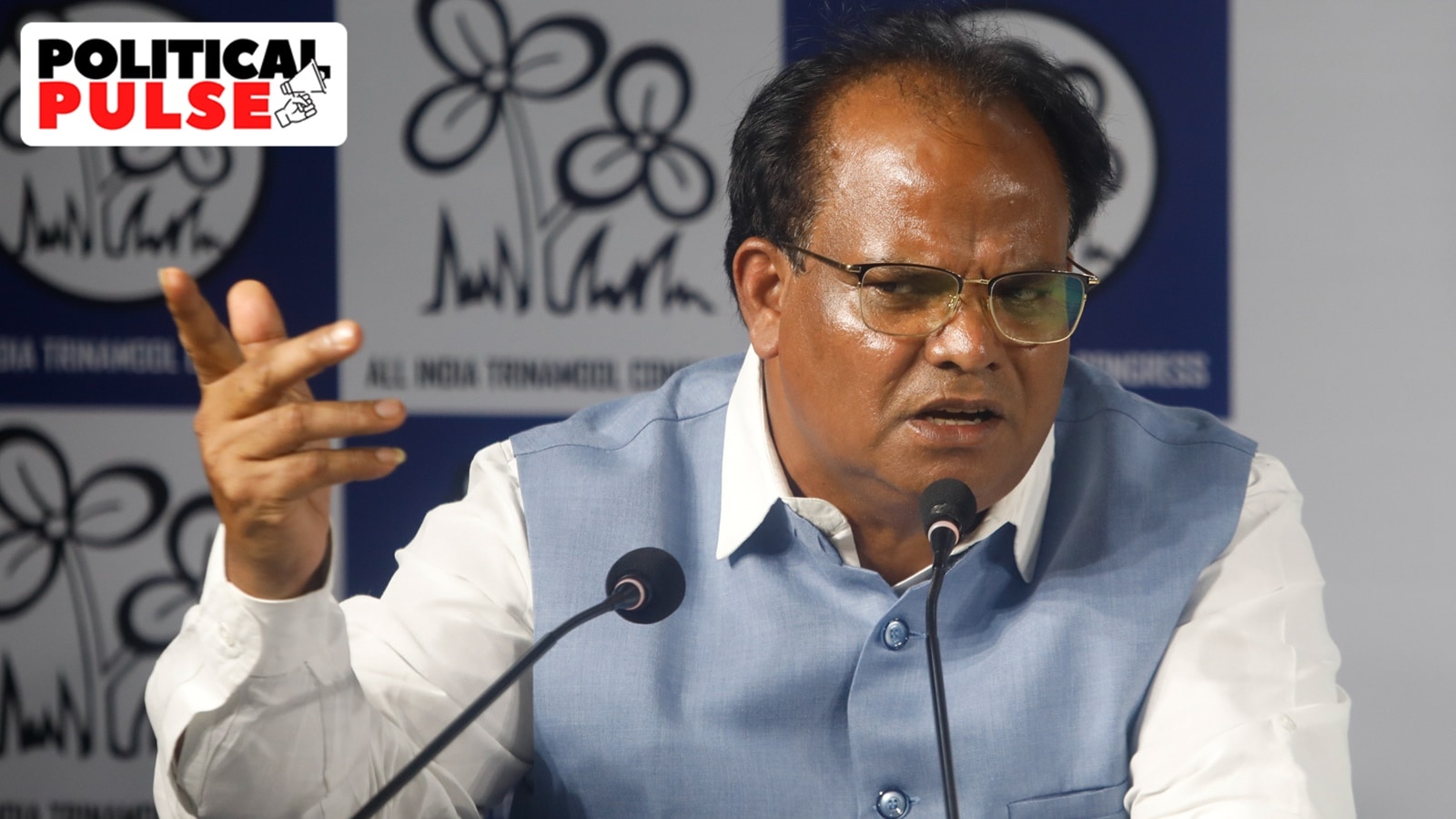

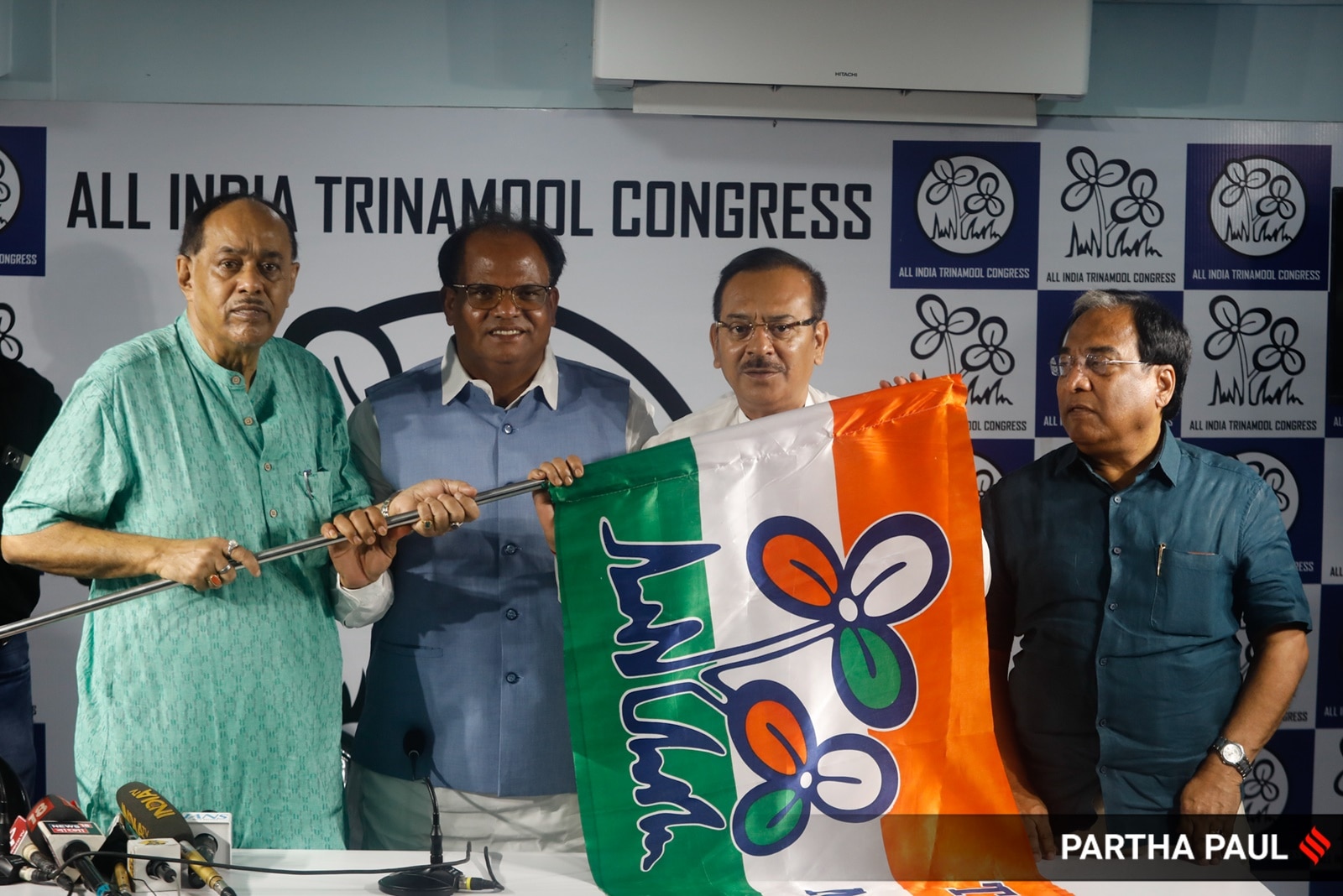 Former Union Minister John Barla joins Trinamool Congress, in Kolkata on Thursday. (Express Photo: Partha Paul)
Former Union Minister John Barla joins Trinamool Congress, in Kolkata on Thursday. (Express Photo: Partha Paul)
